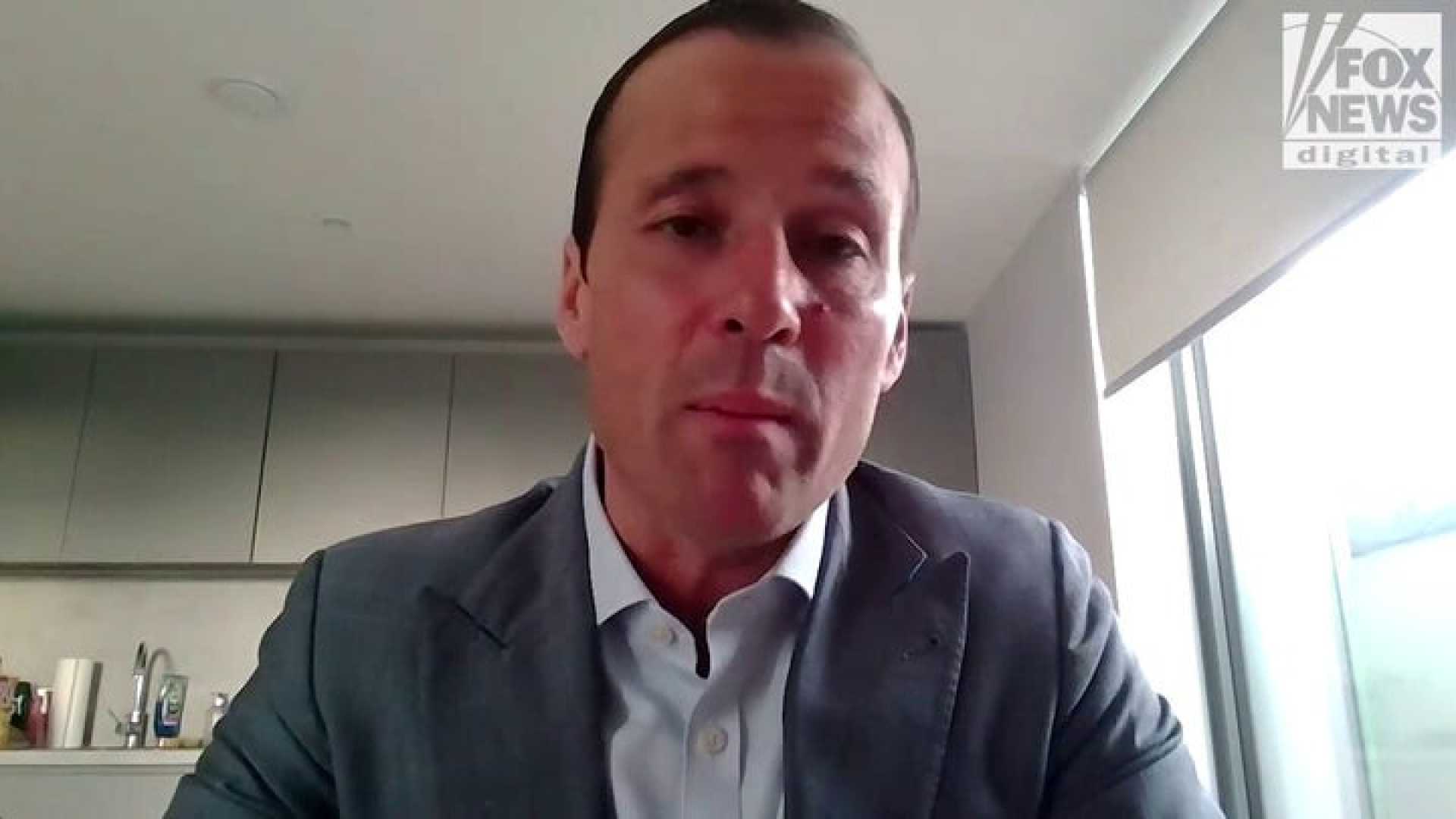News
Biotech CEO Sues Uber After Being Assaulted by Driver

CHARLESTON, S.C. — Bryan Kobel, the CEO of TC BioPharm, is suing Uber after he was allegedly assaulted by an illegal immigrant driver in downtown Charleston.
The lawsuit, filed on Monday in Charleston County, claims that on April 25, 2023, Kobel, 45, suffered a concussion when Uliumdzhiev Vadim Nikolaevich, 42, attacked him in a parking lot on King Street. Surveillance footage captured the incident, which showed Nikolaevich headbutting and punching Kobel.
Following the attack, Nikolaevich was arrested and released on a $10,000 bond for second-degree assault and battery. He was later detained by Immigration and Customs Enforcement (ICE) in Georgia, according to records from the Charleston County Sheriff’s Office.
Kobel described the incident, stating that Nikolaevich was upset about his service dog. When Kobel asked to cancel the ride, Nikolaevich escalated the situation. Witnesses reported the attack to 911, and Kobel was taken to the hospital with a severe concussion and received treatment that included seven staples to his head.
“I can’t even look. Oh my God,” a woman exclaimed in a 911 call. Another caller described a bloody scene, urging dispatchers to send an ambulance and police.
Despite being assaulted and injured, Kobel discovered that Nikolaevich picked up another passenger just two minutes after the attack. “Uber chose to effectively victim-blame me and vilify me,” Kobel said, explaining that his account was suspended and later deactivated.
Attorneys for Kobel claim that Uber is negligent in its hiring and monitoring practices, allowing Nikolaevich, who had a fake driver’s license, to drive for the rideshare service. Kobel’s lawyer, Kenneth Berger, emphasized the importance of safety measures, stating, “We’re seeking answers and accountability for how an undocumented individual using a fraudulent ID was able to access Uber’s platform.”
The lawsuit alleges that Kobel suffered severe injuries and loss of quality of life due to the incident. “It was about 60 days before I could really have some semblance of a normal life,” Kobel added, expressing his feelings of vulnerability and fear.
As of now, the Department of Homeland Security and ICE have not responded to requests for comments regarding the incident. Uber has also declined to comment on the ongoing litigation.












